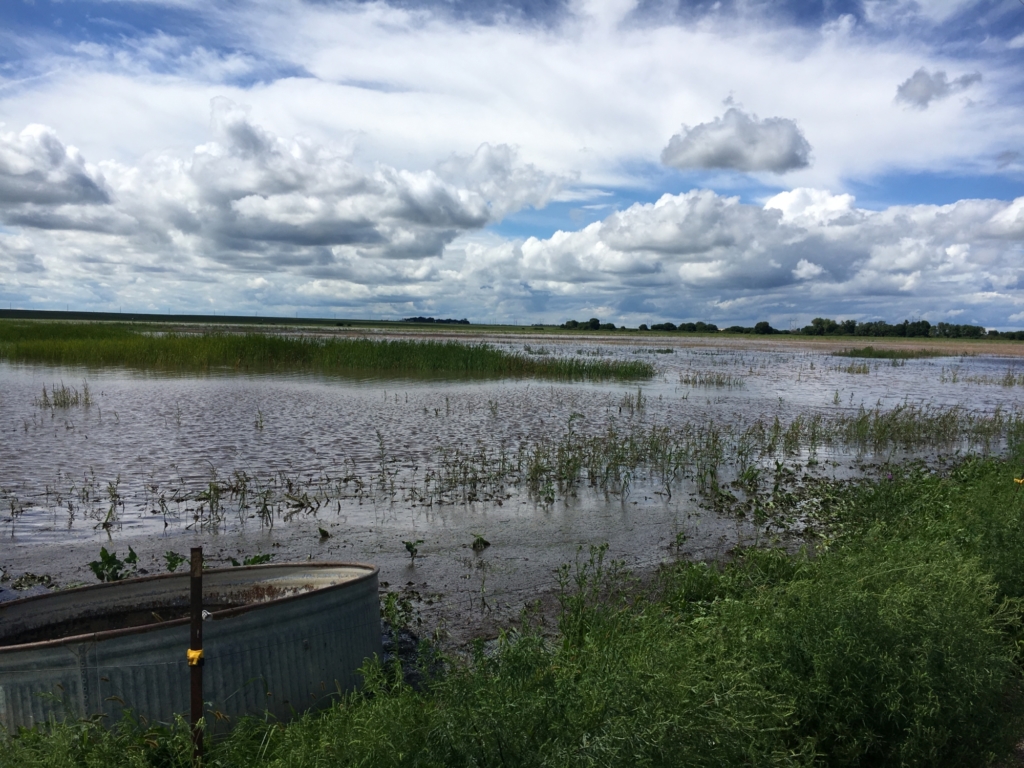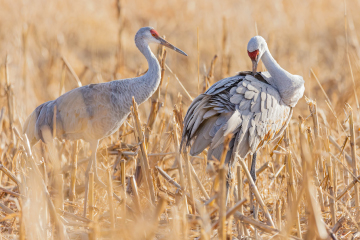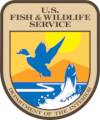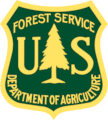Agricultural Conservation Easement Program Updates
Agricultural Conservation Easement Program (ACEP) Updates

The Agricultural Conservation Easement Program (ACEP) is a conservation program which protects agricultural viability by limiting nonagricultural uses and protects grazing use by restoring and enhancing wetlands and conserving grazing lands. The two programs within ACEP are Agricultural Land Easements (ALE) which protects croplands and grasslands on working farms, and Wetland Reserve Easements (WRE) which restore and enhance previously degraded wetlands formerly used in agriculture. NRCS also has the Wetland Reserve Enhancement Partnership (WREP) program which allows NRCS to enter into agreements with eligible partners, such as the Rainwater Basin Joint Venture, to carry out wetland protection and restoration to enhance wildlife habitat. ACEP easements are available for two periods of time. Permanent, or easements in perpetuity, are never ending easements and we also offer 30-year easements or 30-year contracts to tribes.
Permanent WRE and WREP easements now paying 95% of the appraised value as well as 100% of the restoration costs to return the land’s wetland function and values. In fact, the WREP option allows landowners to retain the ability to pass a pivot over enrolled acres. Our partnership with the Rainwater Basin Joint Venture can provide cost share for infrastructure such as pivot crossings and modifications such as flotation tires and variable rate irrigation components. NRCS is hoping to be able to get more easements in the major flyways for migratory bird benefit, such as the Rainwater Basin area. In the Rainwater Basin area, a majority of the wetlands that have been converted are now farmed under center pivot irrigation. Because the land in these wetland basins is very high value, NRCS is increasing the price offered for the surrounding cropland, which is needed to provide adequate buffers and protection to the wetland portion of an application. NRCS hopes that this increase will result in more applications with high-quality wetlands in this area of the State.
ACEP WRE and ACEP WRE-WREP wetlands are restored as close to pre-disturbance conditions after careful consultation with soil scientists, wildlife biologists, wetland biologists, and other subject area experts. Restorations include, but are not limited to, undesirable vegetation removal, excavation, and reseeding. After the wetland is restored, it is annually monitored and maintained to the original restoration. The restored wetlands create habitat for migrating species by providing a location to rest and refuel before completing their migration as well as local flora and fauna. Wetlands also serve as a filter, cleaning water that enters before it is allowed to recharge groundwater reserves.
For working farms, NRCS provides financial assistance to eligible partners for purchasing ALE that protect the agricultural use and conservation values of eligible land. The ALE easement payment is also based on an appraisal with the NRCS share ranging between 50-75% of the fair market value of the agricultural land easement. The program protects grazing uses and related conservation values by conserving grassland, including rangeland, pastureland and shrubland. Where NRCS determines that grasslands of special environmental significance will be protected, NRCS may contribute up to 75% of the fair market value of the easement. American Farmland Trust has put together a Farmland Information Center for more information about ACEP-ALE.
One of the new Area Easement Specialists helping with ACEP in the Grand Island Field Office is Kaycee Zuschlag. Kaycee started out as a Pathways Student Intern for three years in the Sturgis, SD and Brookings, SD offices. She then transferred to Greensburg, PA where she was a soil conservationist for two years. She grew up on a cattle ranch outside of Sturgis, SD. In her free time, she enjoys spending time at the shooting range, hunting, fishing, camping, and traveling with her husband, Tyler and her puppy, Scout.
The cutoff date for all ACEP applications this funding cycle is November 13, 2023, but applications are accepted year-round.
If you are interested in an ACEP easement, please reach out to Kaycee Zuschlag, NRCS Central Area Easement Specialist at 308-392-3526 or Kaycee.zuschlag@usda.gov
















